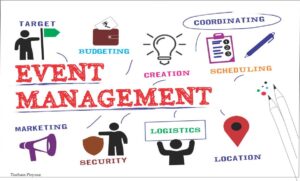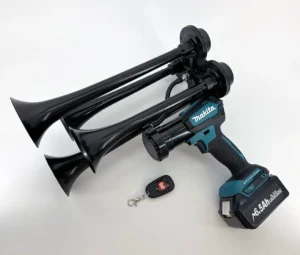How to Create Effective Event Marketing Strategies for Your Agency?

Event marketing has emerged as a powerful tool for agencies to engage with their audience, build brand awareness, and generate leads. However, crafting effective event marketing strategies requires careful planning, creativity, and attention to detail. Here’s a comprehensive guide to help your agency create impactful event management hong kong strategies:
Define Your Objectives:
Before diving into event planning, clearly define your objectives. Are you aiming to generate leads, increase brand awareness, foster client relationships, or launch a new product/service? Identifying clear goals will shape your entire event strategy and help measure its success with event management hongkong.
Know Your Audience:
Understanding your target audience is fundamental to creating a successful event. Conduct market research to gather insights into their preferences, interests, and pain points. Tailor your event content, format, and activities to resonate with your audience’s needs and desires.
Choose the Right Type of Event:
Depending on your objectives and audience preferences, select the most suitable type of event. Options range from seminars, workshops, and conferences to webinars, trade shows, and networking events. Consider factors such as budget, timeline, and scalability when making your decision.
Create Compelling Content:
Content is king in event marketing. Develop engaging and informative content that provides value to attendees. This could include keynote speeches, panel discussions, interactive workshops, or product demonstrations. Ensure your content aligns with your agency’s expertise and showcases your unique selling points.

Leverage Multi-Channel Promotion:
Maximize your event’s reach by leveraging multiple marketing channels. Utilize email marketing, social media platforms, press releases, and your agency’s website to promote the event and drive registrations. Craft compelling messaging that highlights the benefits of attending and creates a sense of urgency.
Collaborate with Partners and Sponsors:
Forge partnerships with complementary businesses or industry influencers to amplify your event’s reach. Collaborate on co-hosting events, cross-promotional activities, or sponsorship opportunities. Leveraging the networks and resources of partners can significantly enhance your event’s success.
Create an Engaging Experience:
Design an immersive and memorable event experience for attendees. Pay attention to every detail, from venue selection and decor to food and entertainment. Incorporate interactive elements such as live polls, Q&A sessions, and networking activities to keep participants engaged throughout the event.
Implement Effective Lead Capture:
Capture valuable leads during the event by implementing robust lead capture mechanisms. Utilize technology such as QR codes, mobile apps, or lead retrieval devices to streamline the process. Offer incentives such as exclusive content or giveaways to encourage attendees to share their contact information.
Follow-Up and Nurture Leads:
The end of the event is just the beginning of your relationship with attendees. Follow up promptly with personalized thank-you emails, surveys, or exclusive offers. Continue nurturing leads through targeted email campaigns, social media engagement, and relevant content to keep your agency top of mind.
Measure and Analyze Results:
After the event, evaluate its success against your predefined objectives. Measure key performance indicators (KPIs) such as attendance rate, engagement levels, lead conversions, and ROI. Analyze attendee feedback and engagement data to identify areas for improvement and refine your future event strategies.





